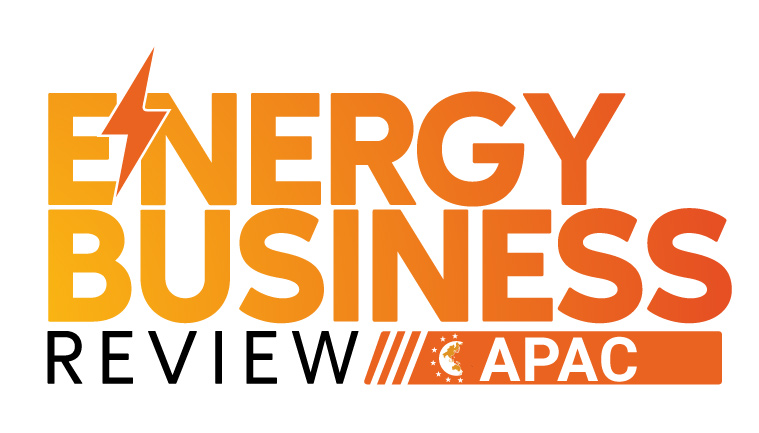Thank you for Subscribing to Energy Business Review Weekly Brief
Empowering Future Generations with Sustainable Energy System
Energy Business Review | Friday, February 03, 2023
Sustainability refers to the concept that all people can meet their basic needs infinitely without compromising on the needs of future generations.
FREMONT, CA: In order to secure the future of the energy system, sustainability and security should be the fundamental features of the future energy system. Energy transition without unified solutions which address both concurrently cannot be achieved.
Stay ahead of the industry with exclusive feature stories on the top companies, expert insights and the latest news delivered straight to your inbox. Subscribe today.
While leaders continue to prioritise sustainability, the focus is transferred to strengthening energy systems. Many individuals are concerned that a repositioning from sustainability will jeopardise the momentum toward net zero. Some governments have begun to roll back green policies in order to ensure the stability of their energy supply chains in order to meet short-term security needs. To strengthen natural gas supplies of natural gas, measures have been taken such as securing alternative sources, constructing new gas infrastructure to accommodate LNG (liquefied natural gas) cargos, and raising the proportion of coal in the power mix.
Today’s energy security challenges are not the same as they were in the past. Some conventional solutions (geopolitics, resource storage) fail to address them comprehensively, while others (productivity, consumption, efficiency, and regulations) are valid but require adjustments. To deal with digitally connected energy assets and systems, extended supply chains, and emerging technologies at scale, new approaches are required. However, connected actions across a few areas can describe the security ultimatum and withstand the security of the energy transition.
Demand
Utilising the potential of low-carbon energy demand can benefit system flexibility and dependability, energy security and resilience, and customer satisfaction. Energy efficiency must be given top priority in society for a just transition. Immediate cost savings from improving efficiency can be revived into the clean energy system. It may also have a large, immediate effect on emissions. It's significant to note that efficiency requirements can be expanded beyond energy to encompass the efficient use of materials like steel, copper, and cement required to build the low-carbon energy infrastructure.
Supply
More than 80 per cent of global energy consumption is derived from fossil fuels. Through a combination of energy trading and fuel source diversification, countries can achieve supply security and self-sufficiency as fossil-based resources are geographically predetermined. Supply security also needs to take into account the availability of the minerals needed to build connected grids and transmission infrastructures, which are essential for the widespread deployment of intermittent renewable energy sources. Without a diversified energy supply and a gradually increasing percentage of clean and renewable energy assets, the energy transition will not take place. For every $1 invested in new fossil fuel infrastructure and production, $5 should be set aside for the growth of renewable energy capacity.
Collaboration and Trust
A net zero target has been put forth by more than 100 nations. For many, full decarbonisation will include undertaking initiatives that cross national boundaries, like sharing infrastructure or developing global market mechanisms. Whether the goal is to improve power system connectivity or create connected supply chains, the success of such programs will depend on how well technology, resources, and information are shared. As a result, building trust between the parties and collaboration must be given top priority.
Sustainability and energy security are global imperatives that necessitate a worldwide response. Over the next ten years, it will be more important than ever to proactively create cross-border energy networks, public-private partnerships, and regional/national coordination. Trust among parties will be a critical success factor in the transition and must thus be prioritised.
Resilience and Stability
While advancing the transition, clean electricity is essential for delivering energy security. Increased wind and solar power, on the other hand, may have an impact on grid reliability. To accommodate dispatchable alternatives to current energy sources, grid modernization, as well as enhanced energy storage and backup generation capabilities, will be required. Improved stakeholder communications, as well as reimagined operations, circular supply chains, and optimized workforce management practices, are all important in ensuring a strong and resilient grid.
The future of energy is decentralised, digitalised, and collaborative, and it runs on reactive and flexible smart grids, which are critical to effectively integrating renewables into the energy supply. Beyond network capacity, backup, and storage, creating a reliable and resilient energy system also entails new forms of cooperative interaction with the technology industry as a whole, not only with the energy sector.
See Also : Top Sustainable Energy Solutions Companies
More in News


